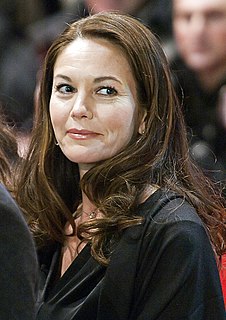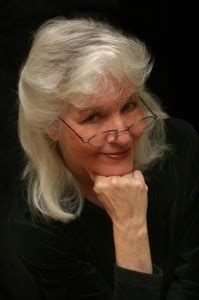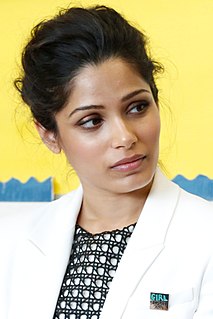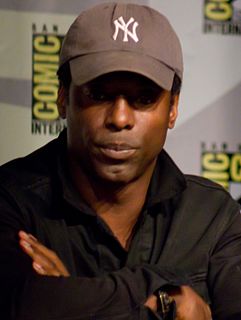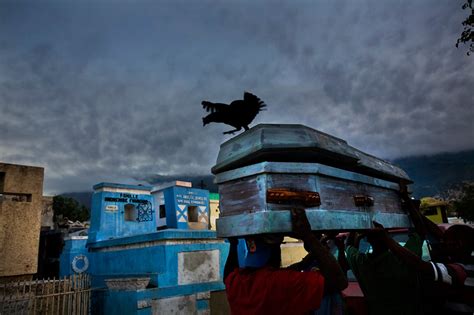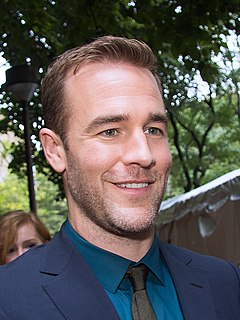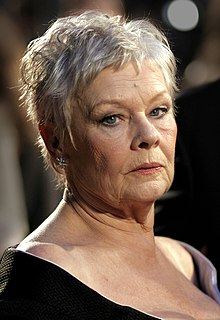A Quote by Diane Lane
I think that directing is the ultimate martyred task of filmmaking, that it has nobility to it. It takes three years to make a film, for the most part. I think it requires the attentiveness of a mother hen. I don't know how people raise children and direct films. I'm sorry, I don't know, how can you be good at both?
Related Quotes
It takes twenty or so years before a mother can know with any certainty how effective her theories have been--and even then thereare surprises. The daily newspapers raise the most frightening questions of all for a mother of sons: Could my once sweet babes ever become violent men? Are my sons really who I think they are?
I think that you have to have a really specific type of personality to be able to both direct and act, because it requires enormous shifts in perspective. I mean, when you're directing, you're looking at the world through a wide-angle lens, and you're seeing all of it. You know exactly what's happening in every corner of it. You know what people are going to say. You know what they're going to do. You're controlling everything.
People forget that it's an acting assignment. You can work with someone for three months, three years or 30 years, and then you move on. I've done I don't know how many films, and I can look at the film and know that I worked with Clint Eastwood, but I'm not still trying to hang out with Clint Eastwood. We did our jobs.
Eventually, I think I may end up directing. It would have to be the project where I think that I'm the person to direct it, and I don't know that that's happened yet. I certainly haven't written it, and I don't know if I've read that script yet where I was like, "Okay, I think I'm the guy that needs to direct this."
I think I read films having grown up around the pre-production and post-production aspect of the filmmaking medium, a lot more than most young people who are in acting would have experienced. I do think about scripts in a different way. I can't just read a script as an actor. I don't know how to do that.
To spend any time with someone who is among the top five film composers of the last 50 years is pure gold dust. I mean, not necessarily stylistically, because everyone is different in what their music sounds like, but the approach and how to look at a film, how to think about a film, how to decide what you want to do, how to think about characters, how to think about art, how to think about narrative, how to liaise with producers, how to liaise with directors.
